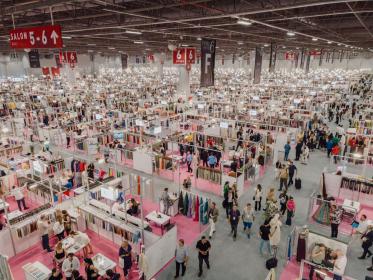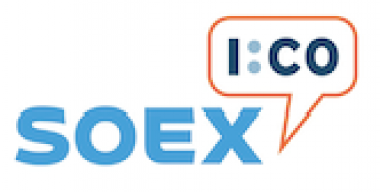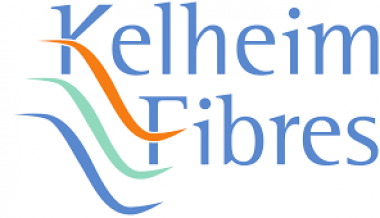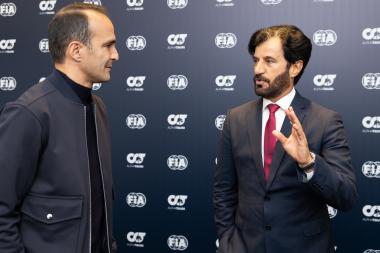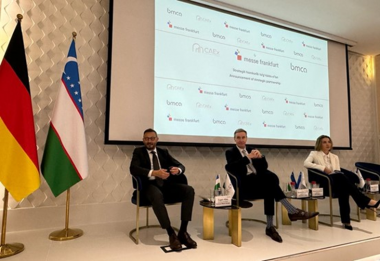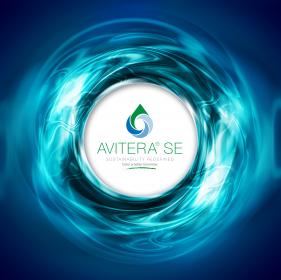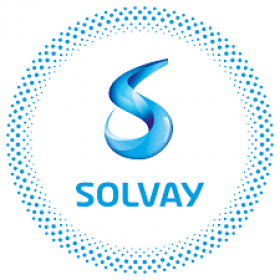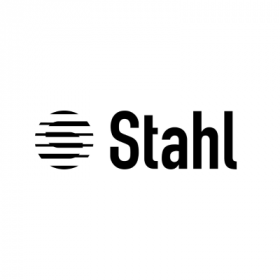5th Edititon of Texhibition Istanbul Fabric and Textile Accessories Fair
Texhibition Istanbul Fabric and Textile Accessories Fair, organised by İTKİB Fuarcılık A.Ş. in cooperation with the Istanbul Textile Exporters Association (İTHİB), is ready for its fifth edition. From 6 to 8 March 2024, 558 exhibitors will present themselves to the 30,000 expected visitors from over 100 countries, including the European Union, Great Britain, the USA, North Africa and the Middle East. With this edition, Texhibition has more than doubled the space compared to the last event to 35,000 square metres.
The fifth edition of Texhibition Istanbul offers a comprehensive overview of all product groups in the textile prepress sector: from woven fabrics to knitwear, from denim to artificial leather and textile accessories
Due to popular demand, the fair has been expanded to five halls, including the new Yarn Hall (Hall 8) with exhibitors such as Sasa, Aksa, Karafiber, Kortex, Tepar, Ensar, Kaplanlar and Iskur and the BlueBlack Denim Hall (Hall 7), which showcases the latest denim trends and presents a wide range from blue shades to black denims with exhibitors such as İsko, Çalık Bossa, Kipas and İskur. BlueBlack Denim is designed by the designer Idil Tarzi in cooperation with the creative directors Gönül Altunisik and Selvi Yigci.
Curated by Idil Tarzi and her creative team, the Texhibition Trend Area in Halls 4 and 5 presents the latest colour trends, materials and accessories.
Under the direction of designers Arzu Kaprol and Filiz Tunca, the Innovation Hub showcases technological innovations that add value to textile production: from fibre to yarn, from fabrics to clothing.
Digital art installations in the entrance area, which run through the entire trade fair, as well as piano performances in the foyer await visitors at the upcoming Texhibition.
Seminars and workshops with industry experts shed light on current topics in the industry, including innovations, production processes and design developments. These opportunities offer participants a platform to exchange knowledge and discuss the latest developments in the textile industry.
Jandali


